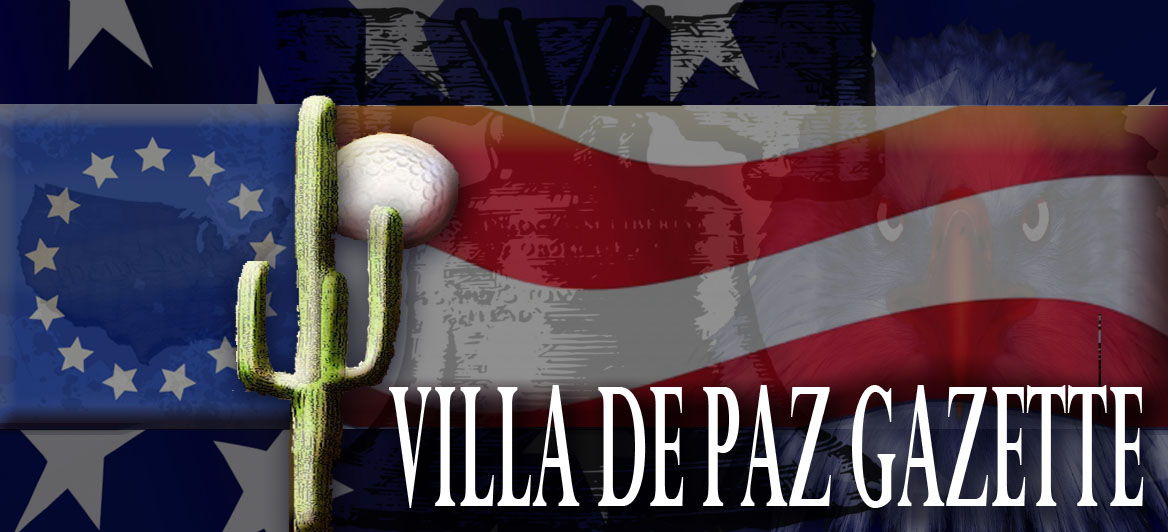Staff Member, R. Patrick Chapman
Government / False Flag _____________________________________
What do you call a government that lies to its people? When that lie covers up a falsehood that sends countless lives into battle? Some people would call that a false flag.
Other people would call such a determination a conspiracy theory.
The Luistania was one of those events in history that if anyone questioned was called names. Turns out, the conspiracy theorists were right... again. Isn't about time we stopped the bashing of researchers and start calling a spade, a spade?
In these two articles, the conspiracy to keep the public in the dark is revealed:
Lusitania divers warned of danger from war munitions in 1982, papers reveal
The Lusitania and the secrets of war, revealed
The RMS Lusitania was sunk on 7 May 1915 by a torpedo fired without warning from a German submarine just off the Irish coast with the loss of 1,198 lives, including 128 American civilians. The liner went down in just 18 minutes and the loss of civilian life enraged US public opinion and hastened American's entry into the first world war.
"Successive British governments have always maintained that there was no munitions on board the Lusitania (and that the Germans were therefore in the wrong to claim to the contrary as an excuse for sinking the ship)," wrote Noel Marshall, the head of the Foreign Office's North America department, on 30 July 1982.
"The facts are that there is a large amount of ammunition in the wreck, some of which is highly dangerous. The Treasury have decided that they must inform the salvage company of this fact in the interests of the safety of all concerned. Although there have been rumours in the press that the previous denial of the presence of munitions was untrue, this would be the first acknowledgement of the facts by HMG."
Pesky facts again. What will the British government ever do? Keep the munitions a secret and leave the Luistania in the ocean. Never to tell the people of the world what really happened.
Doesn't this story sound all too familiar in America's recent past?
He said: "It cannot be denied that the sinking of the Lusitania did much to sway American opinion in favour of entering the war. If it were now to come to light that there was after all some justification, however slight, for torpedoing, HMG's relations with America could well suffer. (Your Republic of Ireland desk is of the opinion is of the opinion that the Irish would seek to create as much uproar as possible.)"
But Coombes added that a 1918 New York court case had established the Lusitania had not been armed or carrying explosives but did have 4,200 cases of small arms ammunition aboard. He added that the cases of cartridges had been stowed well forward in the ship, 50 yards from where the German torpedo had struck.
An urgent Whitehall search of the records was ordered. The Ministry of Defence said they could find no evidence to substantiate the rumours of a secret munitions store. But it was still felt to be prudent to warn the salvage company of the "obvious but real danger inherent if explosives did happen to be present". For good measure the Salvage Association was also told to deliver a similar warning both orally and in writing.
In 1918 a New York judge had ruled that there were 4,200 cases of safety cartridges, 18 fuse cases and 125 shrapnel cases without any powder charge on board the liner when it went down but that these did not constitute "war munitions". He added that the Lusitania had not been armed or carried any high explosives.
The 1915 British inquiry into the sinking of the Lusitania, chaired by Lord Mersey, barely touched on the issue. When a French survivor, Joseph Marichal, a former army officer, tried to claim that the ship had sunk so quickly because the ammunition had triggered a second explosion, his testimony was quickly dismissed.
The British government could find no evidence. Witnesses were called unsatisfactory and not to be believed. The governments and courts made their own official record without input from anyone but themselves.
There are two American investigations that come to mind: the Warren Commission, the 9/11 Commission.
Nothing suspicious there. Move along. Keep your head down and don't ask questions.
In order to keep governments honest and accountable, the people of those countries need to ask questions and demand answers. If the people do not, then the government feels it is justified to lie to their people, cause war and unnecessary deaths for fun and profit of the bankers, war profiteers, and investors of the era.
Isn't it about time the American people hold their government officials, judges, and representative accountable?
Source: The Guardian
